Classical music’s pull: why it still hits home
The 15th Tehzeeb Festival packed the house this month — here’s why it matters
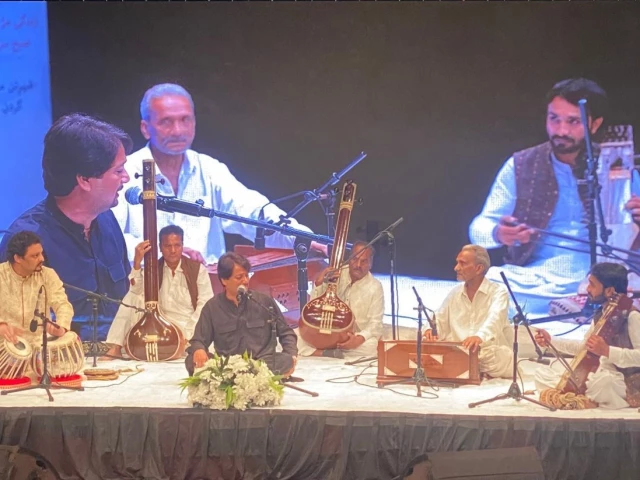
Walk into the Zia Mohyeddin Theatre on festival night, and you’ll see it: a full house, heads swaying, phones tucked away, ears tuned in. For two evenings (Sept 13–14), the 15th Tehzeeb Festival at NAPA proved that classical music, with all its ragas and rhythms, is far from a fading art.
From Mehak Rashid’s soulful khayal to Ustad Mumtaz Ali Sabzal blending Baloch folk with classical ragas, the performances weren’t just music, they were lessons in how a centuries-old tradition keeps finding new ways to stay alive.So what keeps audiences, many of them young, coming back to a form often dismissed as “too serious” or “too niche”?
“Classical music is our strongest link to who we are and where we’ve come from,” says Sharif Awan, founder of the Tehzeeb Foundation. “Without that, it’s impossible to imagine the future.”
Ethnomusicologist Arsalan Pareyal puts it more simply: “It’s in our DNA. Our great-grandfathers listened to it. We carry it with us, whether we know it or not.”
For Niloy Ahsan Zulqarnain, a dhrupad musician who performed at the festival, the appeal runs even deeper: “Classical music nurtures compassion, empathy, self-reflection. It gives clarity and balance. In a noisy world, that’s rare.”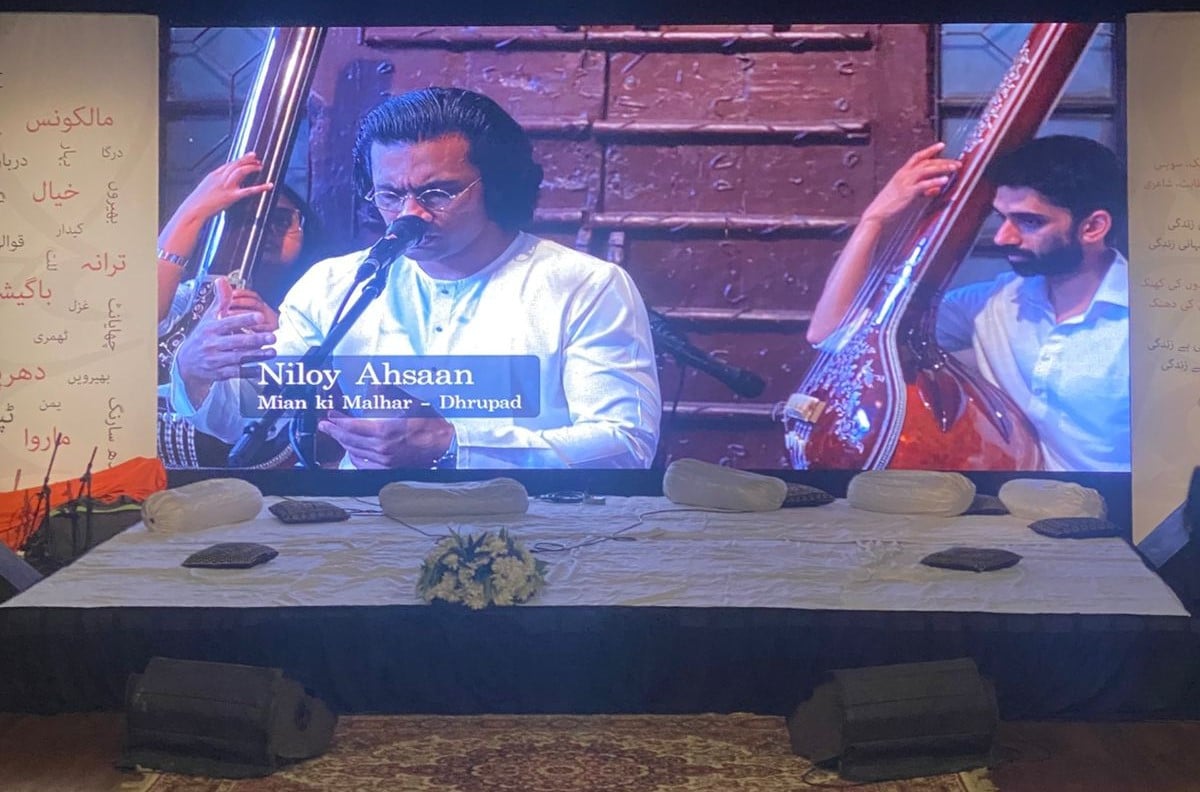
Old roots, new energy
Classical music here goes back a thousand years. Mughal courts gave rise to gharanas, schools of music that built distinct identities through patronage. While that culture has faded, the music has kept evolving.
Take khayal, for instance. Once a branch of dhrupad (originally devotional), it grew into a freer, more improvisational style that even influenced film songs and ghazals. Or the alap section of dhrupad, an unhurried, wordless exploration of a raag, that still feels radical in its simplicity.
“Western musicians are moving towards our traditions,” says Sharif. “Eastern music will shape the future.” Niloy agrees, noting how dhrupad is finding new listeners abroad.
More than nostalgia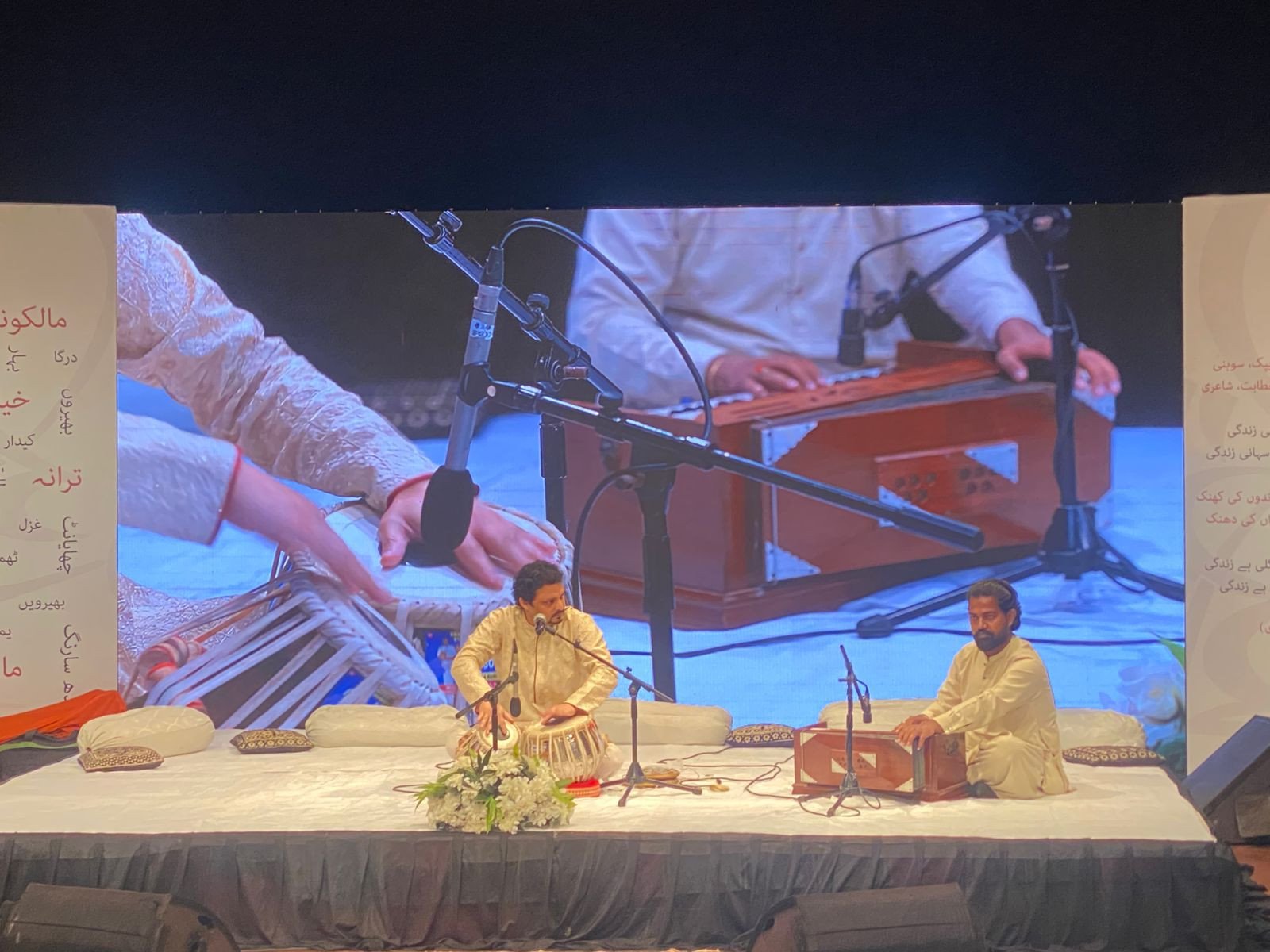
The Tehzeeb Festival itself, running since 2009, is part of a wider wave. From the All Pakistan Music Conference to the upcoming World Culture Festival, classical music is carving out space in a fast-paced, pop-driven city.
And maybe that’s the secret: in Karachi’s chaos, this music offers something rare: a pause, a connection, a reminder that not everything meaningful has to be fast, flashy, or trending.
Note: Reporting was supplemented by AI editing for clarity and brevity

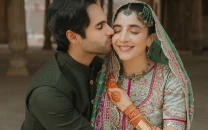
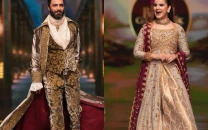
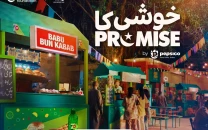
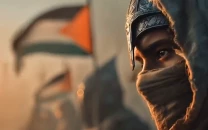
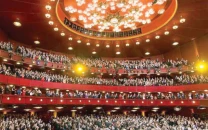
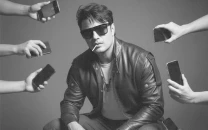



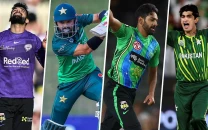

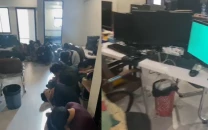







COMMENTS (1)
Comments are moderated and generally will be posted if they are on-topic and not abusive.
For more information, please see our Comments FAQ